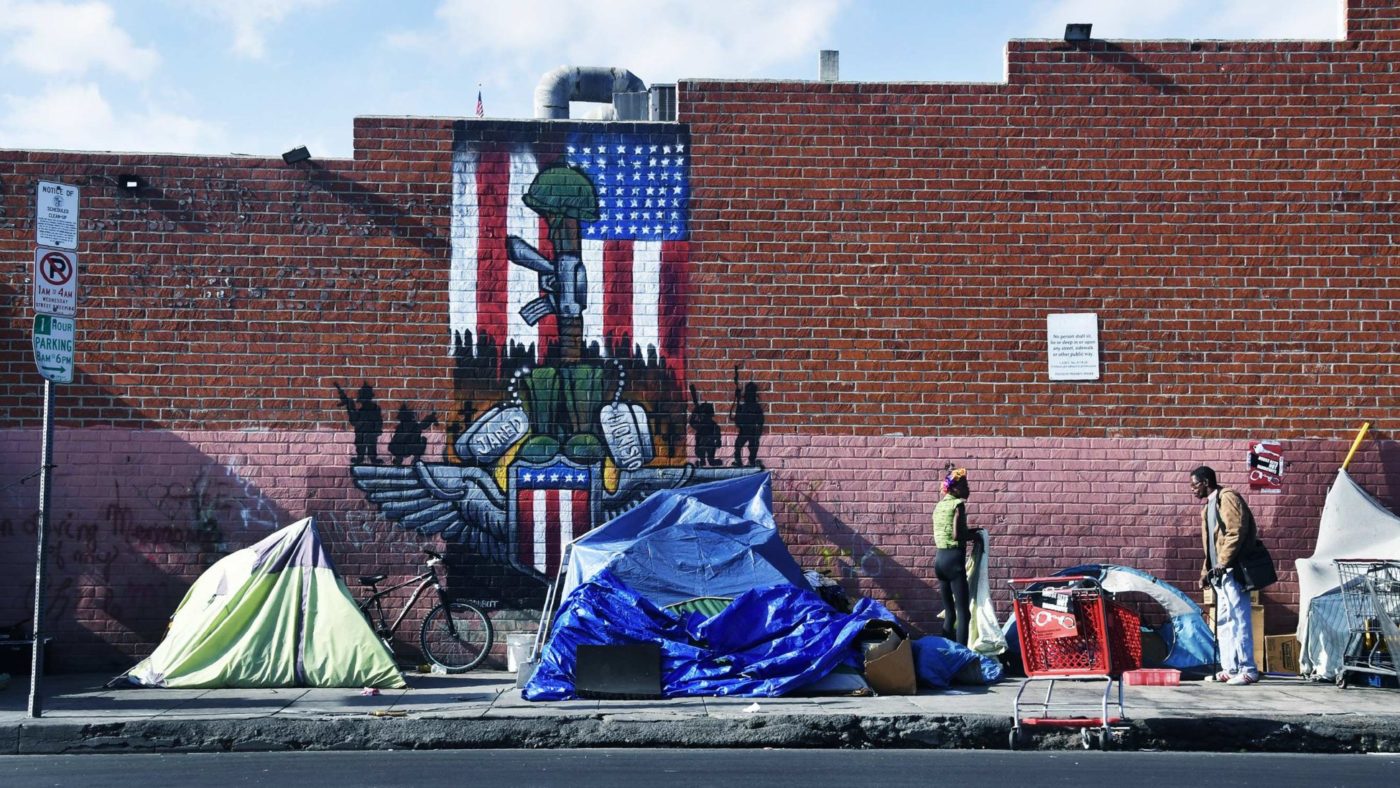There’s pressure from plenty of voters to let the government protect the least-fortunate among us through socialistic means. There has been since before the institution of the welfare state. But across the United States, it’s easy to see that people, not the government, are making huge strides in addressing the needs of their communities and uprooting the cycles of poverty. Sometimes that looks like helping at-risk youth obtain a valuable education, encouraging people with substance abuse problems to kick their addiction, or pushing neighbors to develop job skills to earn an income. In a world where socialism is becoming more popular, it’s the private market actually stepping up and making a difference in stopping poverty.
The private sector can do much better.
About one in eight people in the United States are currently in poverty. It’s estimated that in 2016, federal and state governments spent $1.1 trillion to curb that number. But this kind of spending has been going on for decades—and the cost has not at all matched the results. One particular problem, homelessness, is a plague that has rooted its way into many US cities—many of the largest ones. Los Angeles has a massive homeless population, second only to New York City’s. Government programs that give food and shelter to these folks have been in LA for a long time, but the homeless number has actually gone up.
The private sector can do much better. An LA organization, Chrysalis, found that food and shelter only go so far. They’ve focused on helping low-income and homeless individuals find and retain jobs by providing services like mock interviews, resume writing, and job prep classes. Their programs work: 75 per cent of their clients are still working after six months of being hired, they claim. Recently, too, they opened a new office in Orange County to expand outside of LA and received a $1.2 million grant from Stand Together to streamline operations and continue exploring future expansion opportunities. If the goal is self-sufficiency and giving a hand-up instead of a hand-out, investment in organizations like this extends well beyond typical government programs.
Organizations like Chrysalis expand to other spheres of poverty, as well. Something like eight in ten Americans have debt, and the number is even higher for minorities. An organization out of New Jersey, dfree®, helps people in this kind of situation find a way out. Through education, empowerment, and a push for personal responsibility, they’ve helped thousands of people navigate the waters of financial literacy—an incredibly important skill that’s rarely taught in public schools.
The government must step back so thousands of people can be lifted out of poverty by the good of the private sector.
But it could easily mean the difference between being trapped in poverty and escaping. So far, around 30,000 people have been helped by their programs, and they’re funded by private citizens who feel it is their own duty to help out their communities—not the government’s. Philanthropists are donating their money toward programs that work and proving that government funding to curb poverty simply hasn’t worked as well as it should. Just last month, my organization gave dfree® a $1.1 million grant to continue changing lives across the United States.
Organizations like these are unique, but they aren’t the only ones out there. There are plenty of them doing innovative and interesting things to help break the cycle of intergenerational poverty. And just like businesses are solving the problems of everyday people in exciting ways, venture philanthropists are funding non-profits who are making a huge dent in the number of people who are disenfranchised. But the government must step back so they can be identified and promoted, and thousands of people can be lifted out of poverty by the good of the private sector—not a welfare state that really just chains Americans to the ground.
This article was originally published on FEE.org. Read the original article.
CapX depends on the generosity of its readers. If you value what we do, please consider making a donation.


